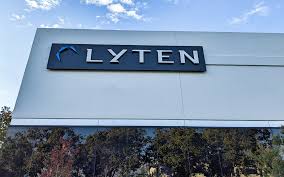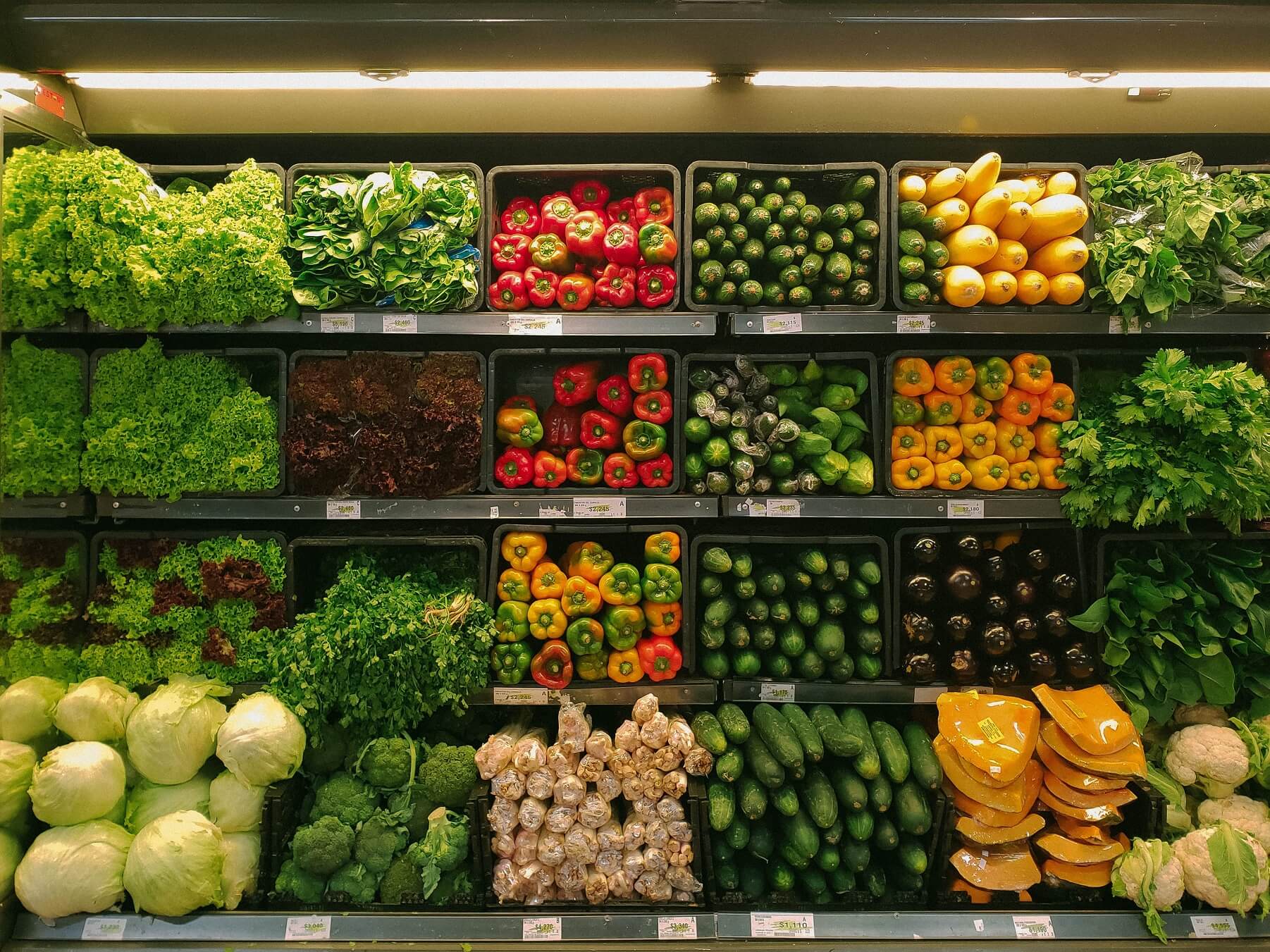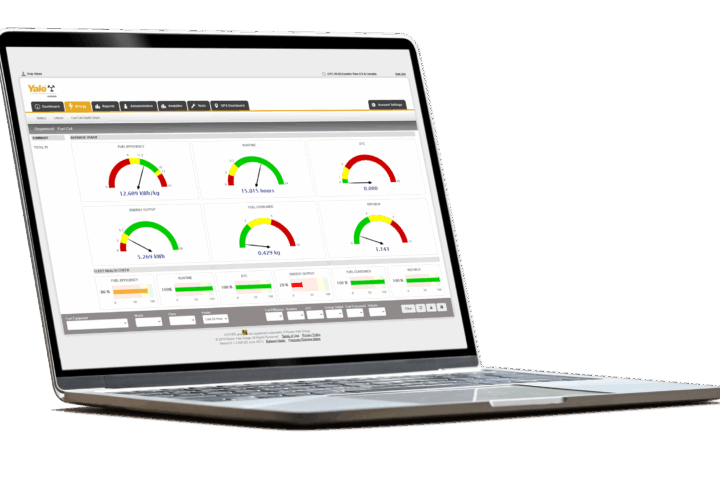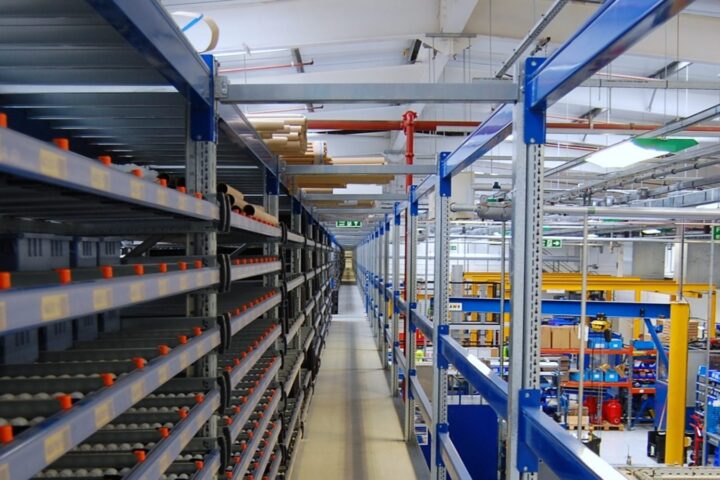 This week in supply chain and logistics, major players across industries are making bold moves in response to cost pressures, policy shifts, and capacity challenges. UPS is aligning with FedEx by changing how it calculates dimensional weight—an adjustment that could raise shipping costs for businesses of all sizes. In the energy sector, U.S. startup Lyten is set to revive bankrupt Swedish battery maker Northvolt, signaling a renewed push for European battery independence. Meanwhile, a proposed 100% U.S. tariff on imported semiconductor chips could dramatically reshape global tech supply chains. O’Reilly Automotive is expanding its distribution footprint in Texas to manage growing demand, and Albertsons is tackling rising ingredient costs through strategic sourcing and private label expansion. These stories highlight the evolving dynamics and pressures shaping logistics and supply chain strategy from August 4th to August 7th.
This week in supply chain and logistics, major players across industries are making bold moves in response to cost pressures, policy shifts, and capacity challenges. UPS is aligning with FedEx by changing how it calculates dimensional weight—an adjustment that could raise shipping costs for businesses of all sizes. In the energy sector, U.S. startup Lyten is set to revive bankrupt Swedish battery maker Northvolt, signaling a renewed push for European battery independence. Meanwhile, a proposed 100% U.S. tariff on imported semiconductor chips could dramatically reshape global tech supply chains. O’Reilly Automotive is expanding its distribution footprint in Texas to manage growing demand, and Albertsons is tackling rising ingredient costs through strategic sourcing and private label expansion. These stories highlight the evolving dynamics and pressures shaping logistics and supply chain strategy from August 4th to August 7th.
Top storys for the week:
UPS Matches FedEx with Dimensional Weight Change
 UPS will begin rounding all fractional package dimensions—length, width, and height—up to the next whole inch starting August 18, 2025, aligning with a similar change announced by FedEx. Previously, UPS rounded down dimensions less than half an inch, but this shift could significantly impact shipping costs. Experts warn that the change may lead to higher dimensional weight charges, even for packages that haven’t changed in size. For example, a package measuring 11.1 inches in length will now be considered 12 inches. Imtiaz Kermali of eShipper noted that one customer shipping 2,500 packages monthly could face an annual cost increase of over \$32,000 due to this rounding adjustment alone.
UPS will begin rounding all fractional package dimensions—length, width, and height—up to the next whole inch starting August 18, 2025, aligning with a similar change announced by FedEx. Previously, UPS rounded down dimensions less than half an inch, but this shift could significantly impact shipping costs. Experts warn that the change may lead to higher dimensional weight charges, even for packages that haven’t changed in size. For example, a package measuring 11.1 inches in length will now be considered 12 inches. Imtiaz Kermali of eShipper noted that one customer shipping 2,500 packages monthly could face an annual cost increase of over \$32,000 due to this rounding adjustment alone.
US Startup Lyten Announces Its Plans to Purchase Bankrupt European Battery
 U.S. battery startup Lyten, backed by Stellantis and FedEx, has agreed to acquire most of the bankrupt Swedish battery maker Northvolt, aiming to revive its operations and restore European battery independence. The deal includes Northvolt’s projects in Sweden and Germany, with plans to restart the flagship Skelleftea plant and resume lithium-ion battery cell deliveries by 2026. Lyten, known for developing cleaner lithium-sulphur cells, will integrate some of Northvolt’s former management and focus on high-yield production for key customers. The acquisition, made at a substantial discount, is seen as a strategic move to strengthen Europe’s energy autonomy and re-engage major automakers like BMW and Volkswagen.
U.S. battery startup Lyten, backed by Stellantis and FedEx, has agreed to acquire most of the bankrupt Swedish battery maker Northvolt, aiming to revive its operations and restore European battery independence. The deal includes Northvolt’s projects in Sweden and Germany, with plans to restart the flagship Skelleftea plant and resume lithium-ion battery cell deliveries by 2026. Lyten, known for developing cleaner lithium-sulphur cells, will integrate some of Northvolt’s former management and focus on high-yield production for key customers. The acquisition, made at a substantial discount, is seen as a strategic move to strengthen Europe’s energy autonomy and re-engage major automakers like BMW and Volkswagen.
US Announces 100% Levy on Imported Chips
 In a major shift for global supply chains, President Trump announced a proposed 100% tariff on imported semiconductor chips, exempting companies that manufacture or commit to manufacturing in the U.S. This move aims to boost domestic production and reduce reliance on foreign suppliers, with firms like Apple, TSMC, and Samsung expected to benefit due to their U.S. investments. While countries like South Korea secured favorable terms, others, such as the Philippines and Malaysia, warned of severe economic impacts. The policy underscores a “survival of the biggest” dynamic, favoring large firms capable of reshoring operations, and could reshape sourcing strategies across the tech and electronics sectors.
In a major shift for global supply chains, President Trump announced a proposed 100% tariff on imported semiconductor chips, exempting companies that manufacture or commit to manufacturing in the U.S. This move aims to boost domestic production and reduce reliance on foreign suppliers, with firms like Apple, TSMC, and Samsung expected to benefit due to their U.S. investments. While countries like South Korea secured favorable terms, others, such as the Philippines and Malaysia, warned of severe economic impacts. The policy underscores a “survival of the biggest” dynamic, favoring large firms capable of reshoring operations, and could reshape sourcing strategies across the tech and electronics sectors.
O’Reily Automotive Acquires Texas Distribution Center Amid Capacity Constraints
 O’Reilly Automotive has acquired a 560,000-square-foot distribution center in Haslet, Texas, marking its 33rd facility, to address growing capacity constraints in the South Central U.S. The center, expected to be operational by 2027, will support 350 stores and alleviate pressure on surrounding distribution hubs. This expansion aligns with O’Reilly’s aggressive growth strategy, which saw 105 new stores opened in the first half of 2025. Alongside this, the company is finalizing a 530,000-square-foot distribution center in Stafford, Virginia, aimed at unlocking store development opportunities in the Mid-Atlantic region and enhancing overall supply chain efficiency.
O’Reilly Automotive has acquired a 560,000-square-foot distribution center in Haslet, Texas, marking its 33rd facility, to address growing capacity constraints in the South Central U.S. The center, expected to be operational by 2027, will support 350 stores and alleviate pressure on surrounding distribution hubs. This expansion aligns with O’Reilly’s aggressive growth strategy, which saw 105 new stores opened in the first half of 2025. Alongside this, the company is finalizing a 530,000-square-foot distribution center in Stafford, Virginia, aimed at unlocking store development opportunities in the Mid-Atlantic region and enhancing overall supply chain efficiency.
Alberton’s Outlines Defense Against Growing Ingredients Costs
 Albertsons is proactively addressing rising ingredient costs driven by new U.S. tariffs, particularly those affecting imported items like spices and cocoa. CEO Susan Morris outlined a strategy focused on dissecting vendor price increases and maintaining competitive pricing, with a willingness to switch suppliers if tariffs become excessive. While over 90% of its goods are domestically sourced, Albertsons is also exploring expanding its private label offerings, which currently account for 26% of brand sales, as a cost-effective alternative. The company aims to absorb inflationary pressures where possible, passing costs to consumers only when necessary, while staying agile in its pricing and sourcing decisions.
Albertsons is proactively addressing rising ingredient costs driven by new U.S. tariffs, particularly those affecting imported items like spices and cocoa. CEO Susan Morris outlined a strategy focused on dissecting vendor price increases and maintaining competitive pricing, with a willingness to switch suppliers if tariffs become excessive. While over 90% of its goods are domestically sourced, Albertsons is also exploring expanding its private label offerings, which currently account for 26% of brand sales, as a cost-effective alternative. The company aims to absorb inflationary pressures where possible, passing costs to consumers only when necessary, while staying agile in its pricing and sourcing decisions.
Song of the week:









